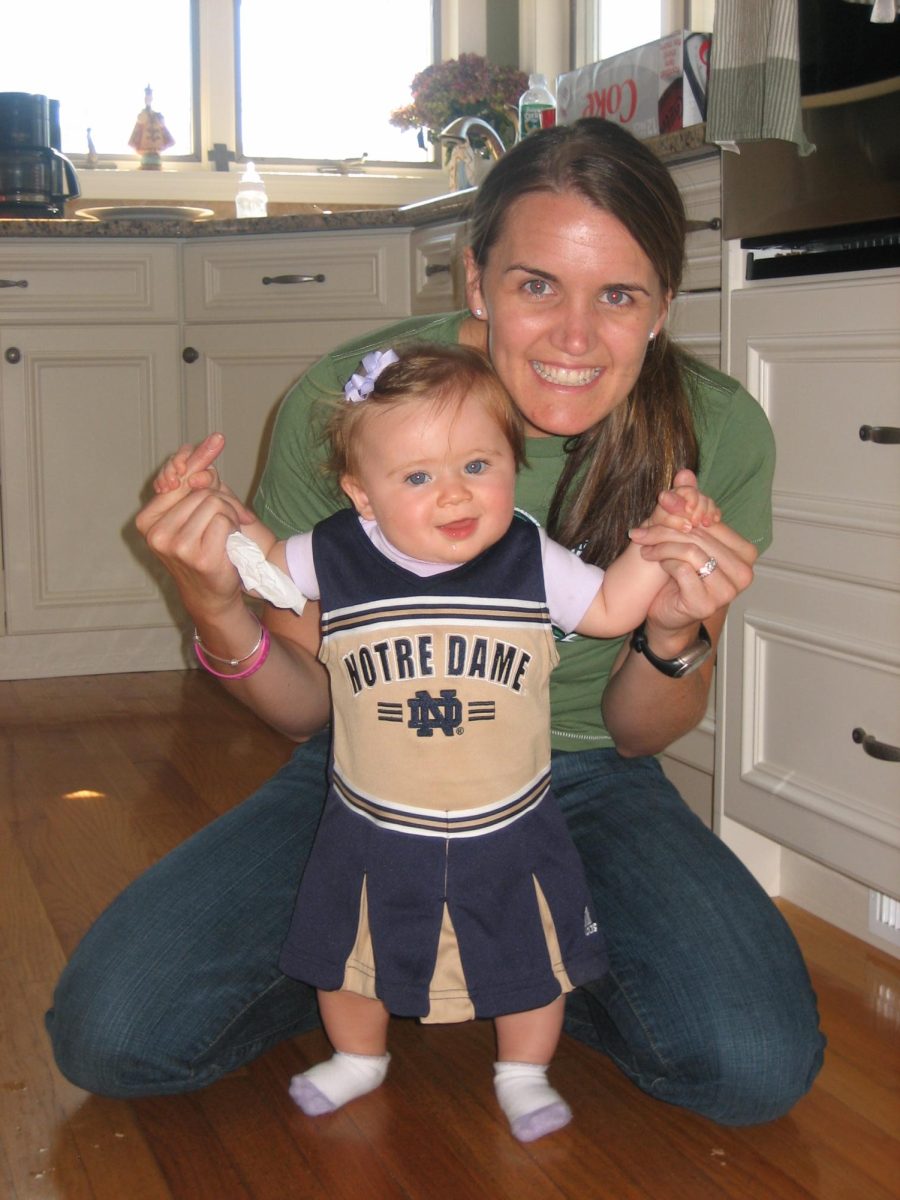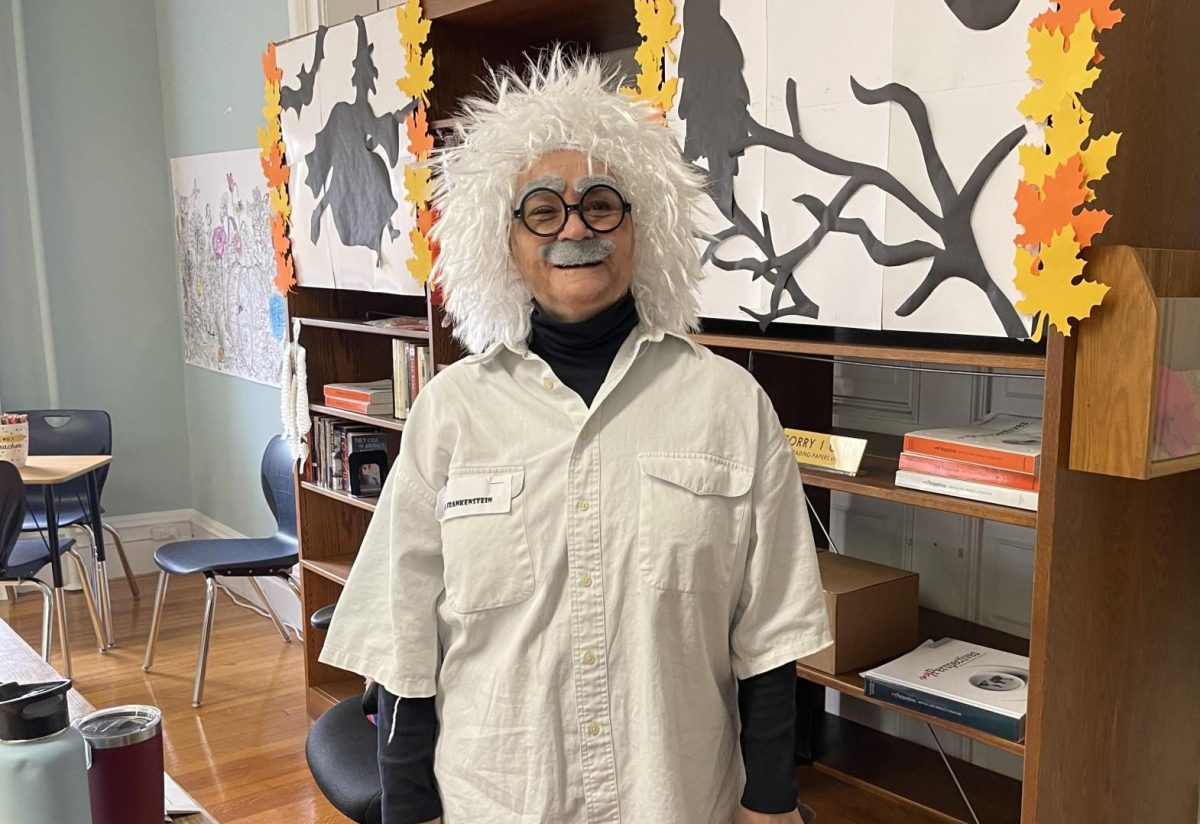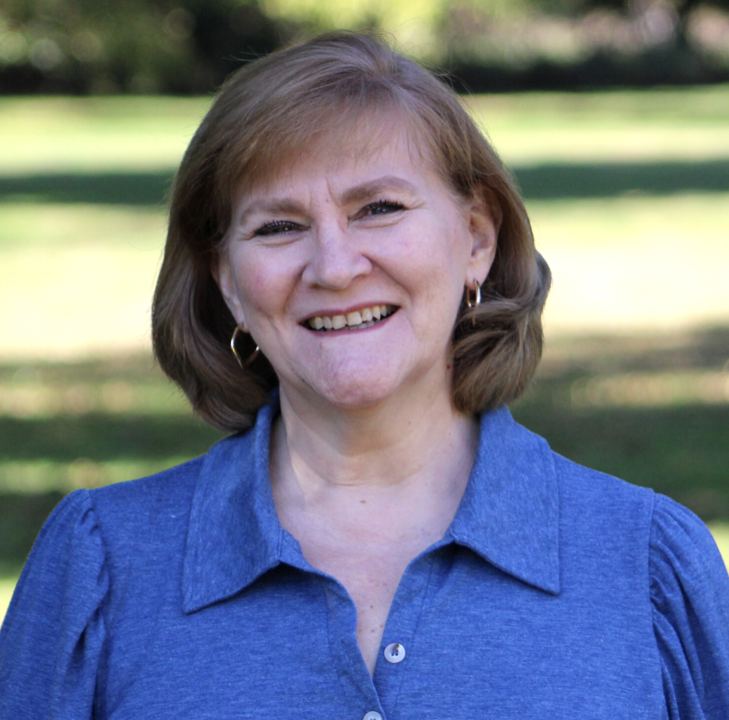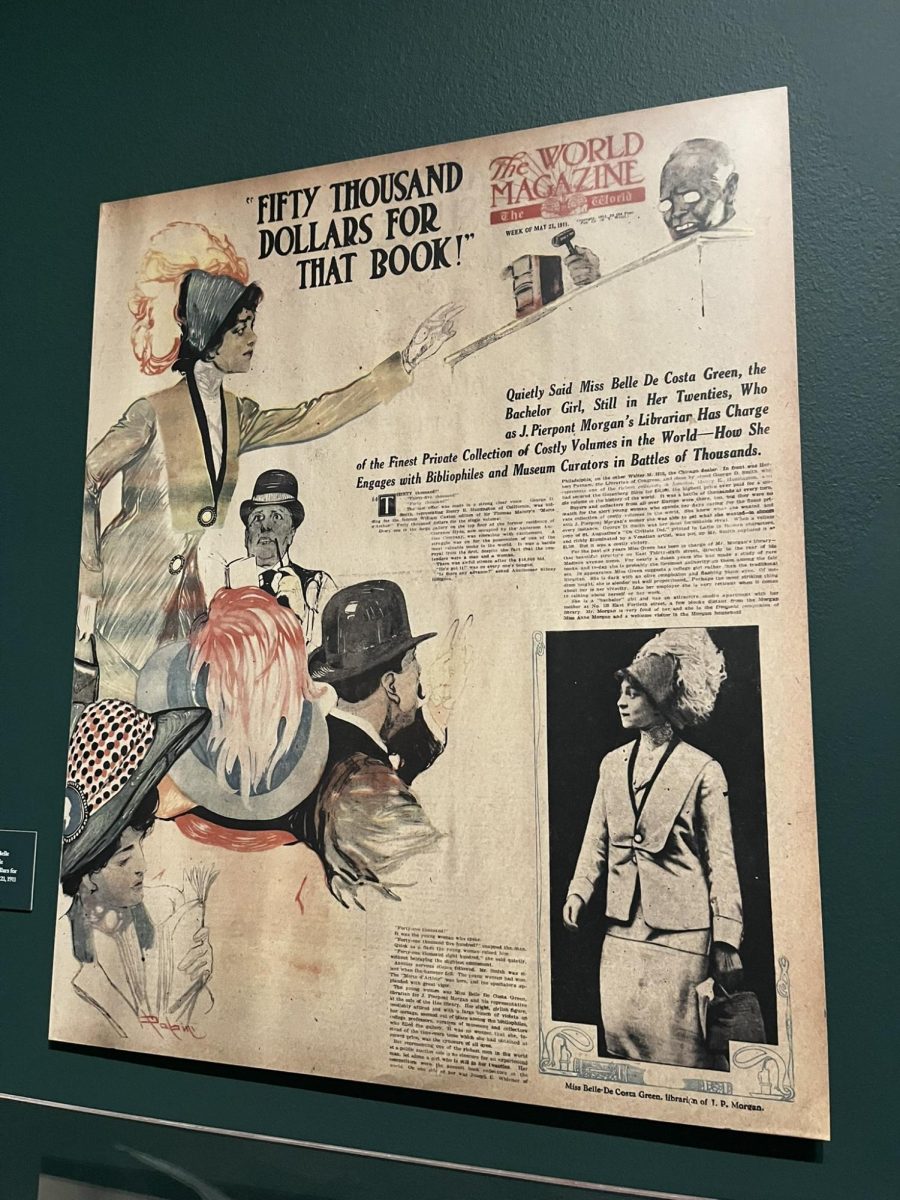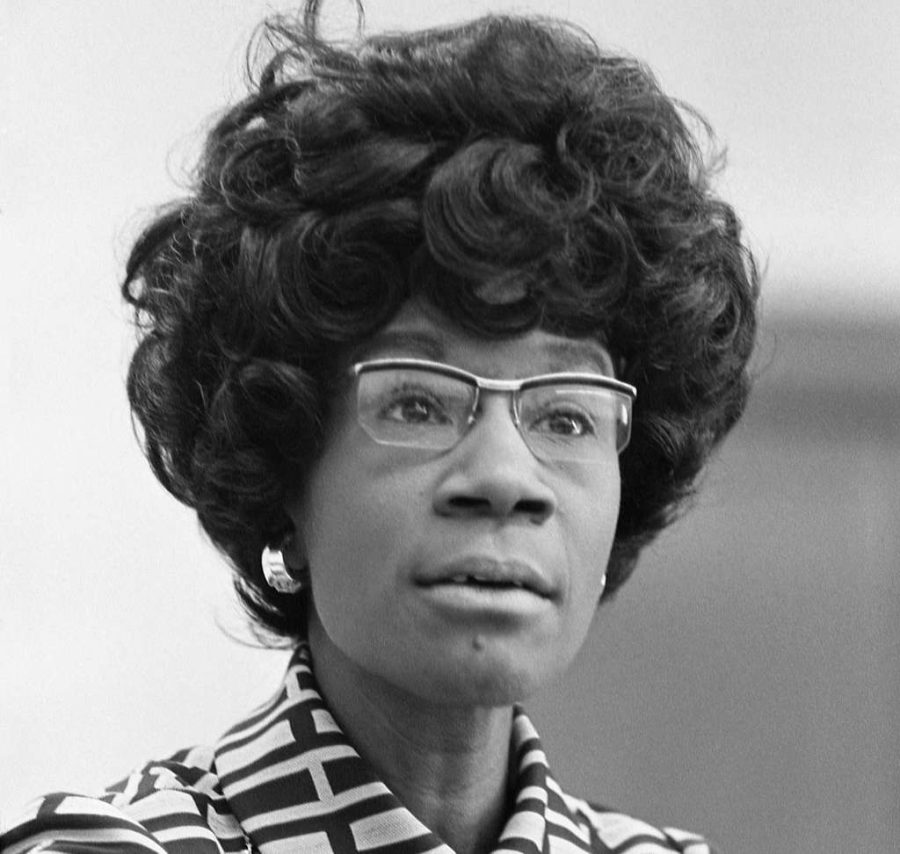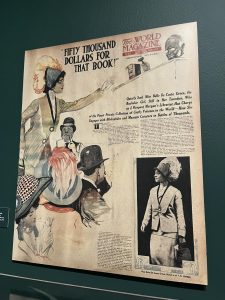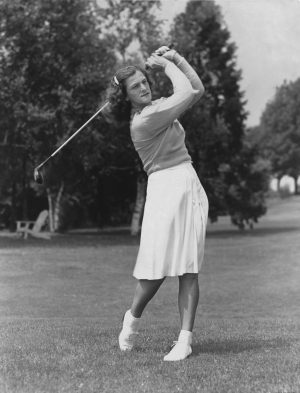Shirley Chisholm: Her Good Fight
Shirley Chrisholm on January 25th, 1972.
April 1, 2022
Famously known for being the first Black person to run for president, Shirley Anita St. Hill made revolutionary changes at a time when it was suppressed. It is impossible to imagine a world today without the extensive opportunities that are open to women and those that are underprivileged in school, work, and the community– examples such as these are attributed to women like Shirley Chisholm. Not only did Chisholm garner many accomplishments in her lifetime, but she did so while facing harsh oppression as a Black woman from the 1920s until she died in 2005. Whether because of her accomplishments, ambition, or compassion, Shirley Chisholm is an important figure for not only women and the Black community, but merely people, as well.
Born to immigrant parents on November 30, 1924, Shirley Anita St. Hill was forced with hardships from the early stages of life. Not only did she face oppression due to her race, but she also endured the adversity of living in one of the poorest parts of New York at the time. At just three years old, she went to live with her grandmother in Barbados until she was nine. She went through part of her early schooling in Barbados, but then returned to Brooklyn to attend an esteemed all-girls school. Her intelligence was always recognized but was put on full display during her years attending university. She went to Brooklyn College, joining committees and advocating for women and the Black community alongside her studies. She became a part of the Harriet Tubman Society, urged for African American history to be included in teaching, and pushed for more female representation in the student government. During her time at Brooklyn College, Chisholm was awarded as a debater and given the accolade “one of Brooklyn College’s most prestigious alumni.” After graduating in 1946, she went on to receive her master’s degree from Columbia University’s Teacher College in elementary education five years later. After this, Chisholm would begin her long career in politics, civil rights, and women’s rights.
Shortly after earning her master’s degree, she began laying the groundwork for her future political career. In 1953, she campaigned for Lewis Flagg Jr. to be Brooklyn’s first Black judge. Then, one year later, she became the Director of Hamilton-Madison Child Care Center. This organization is still active today, providing “early childhood education, health services, nutritional assistance, and social services to families,” (Hamilton-Madison House). Also, Chisholm became an active member of the Belford-Stuyvesant Political League, advocating for civil rights, and the League of Women Voters. Then, beginning her immediate career in politics, she ran for the New York State Assembly in 1964. She was successful in this campaign, holding this position from 1965 to 1968. While a part of the Assembly, she made it so domestic workers would be given unemployment benefits and created a program to allow underprivileged students to go to college. This program regarding college students is still in effect today, helping hundreds of students succeed in schooling and the workforce. In 1968, Shirley Chisholm became the first Black woman elected to Congress, serving from 1969 until 1983. During her time as a congresswoman, she was a part of the House Agriculture Committee, Veterans Affairs Committee, and Education and Labor Committee. In 1970, she published her first book, Unbought and Unbossed, an autobiographical narrative about how Chisholm rose from her difficult upbringing to find success in her occupation as a congresswoman. Then, in 1971, she founded both the Congressional Black Caucus and the National Women’s Political Caucus. She founded the Special Supplemental Nutrition Program for Women, Infants, and Children, an organization that supplies federal grants to states for many things regarding nutrition for low-income families. Throughout her many accomplishments, she is most famous for running for president in 1972. She became the first African American woman to run for president under the Democratic party and although she was unsuccessful in this campaign, she was successful in bringing attention to both civil rights and women’s rights while running. In 1973, she published her second book, The Good Fight. This book described the way that politicians work and act, as well as her personal views regarding where politics impacting African Americans should go in the future. In 1974, a minimum wage law created by Chisholm was passed. This law would widen the spectrum of who could benefit from the minimum wage standard, including domestic workers and state and local government workers. Unfortunately, in 1982, Chisholm announced she would be leaving politics to tend to her second husband who had been injured in a car crash. In 1984, she co-founded the National Congress of Black Women with C. Delores Tucker. Then, in 1993, she was offered the position to be the American Ambassador to Jamaica, appointed by Bill Clinton, but Chisholm was forced to decline due to her health.
Shirley Chisholm lived a long, success-filled life. She passed away on January 1, 2005, at eighty years old. Her legacy lives on long after her death. She became an inductee in the National Women’s Hall of Fame, the U.S. Postal created a permanent stamp in her honor in 2014, and in 2015, then-president, Barack Obama, awarded Chisholm with the Presidential Medal of Freedom. Though all of these are wonderful, physical displays of Chisholm’s legacy, her impact reaches much farther. She has drastically changed the lives of thousands of women, Black women in particular, and underprivileged students and people. Due to her ambition and intense efforts to help those around her, she has been able to have an influence and impact on the world almost one hundred years after she was born.
Because of her drive, compassion, and intelligence, Shirley Chisholm continues to be an inspiration to all people. Even years after her last political contribution, her impact still lives on today. Not only are her contributions important and life-changing for many, but they are a testament to how hard work and dedication can turn a person’s life around. Chisholm in no way had an easy life growing up, but she was able to achieve unfathomable political and social successes later in her life. All of her accomplishments were due to her hard work, perseverance, and dedication to fighting for what she believed in– something all people should admire and aspire to replicate.
Works Cited
Barron, James. “Shirley Chisholm, ‘Unbossed’pioneer in Congress, Is Dead at 80.” The New York
Times, The New York Times, 3 Jan. 2005,
https://www.nytimes.com/2005/01/03/obituaries/shirley-chisholm-unbossedpioneer-in-co
“Chisholm, Shirley Anita.” US House of Representatives: History, Art & Archives,
https://history.house.gov/People/Listing/C/CHISHOLM,-Shirley-Anita-(C000371)/. Nittle, Nadra Kareem. “Shirley Chisholm: Facts about Her Trailblazing Career.” History.com,
A&E Television Networks, 21 Jan. 2021,
https://www.history.com/news/shirley-chisholm-career-milestones.
“Shirley Chisholm Biography.” Encyclopedia of World Biography,
https://www.notablebiographies.com/Ch-Co/Chisholm-Shirley.html.
“Shirley Chisholm: A Resource Guide: Books.” Research Guides,
https://guides.loc.gov/shirley-chisholm/books.
“Learn More about Shirley Chisholm.” Brooklyn College,
https://www.brooklyn.cuny.edu/web/academics/schools/socialsciences/interdisciplinary/u
ndergraduate/womens/chisholmproject/learn_more.php.
“Madison House Early Childhood.” Hamilton,
http://www.hamiltonmadisonhouse.org/early-childhood.html.
“Special Supplemental Nutrition Program for Women, Infants, and Children (WIC).” Special
Supplemental Nutrition Program for Women, Infants, and Children (WIC) | Food and
Nutrition Service, https://www.fns.usda.gov/wic.









